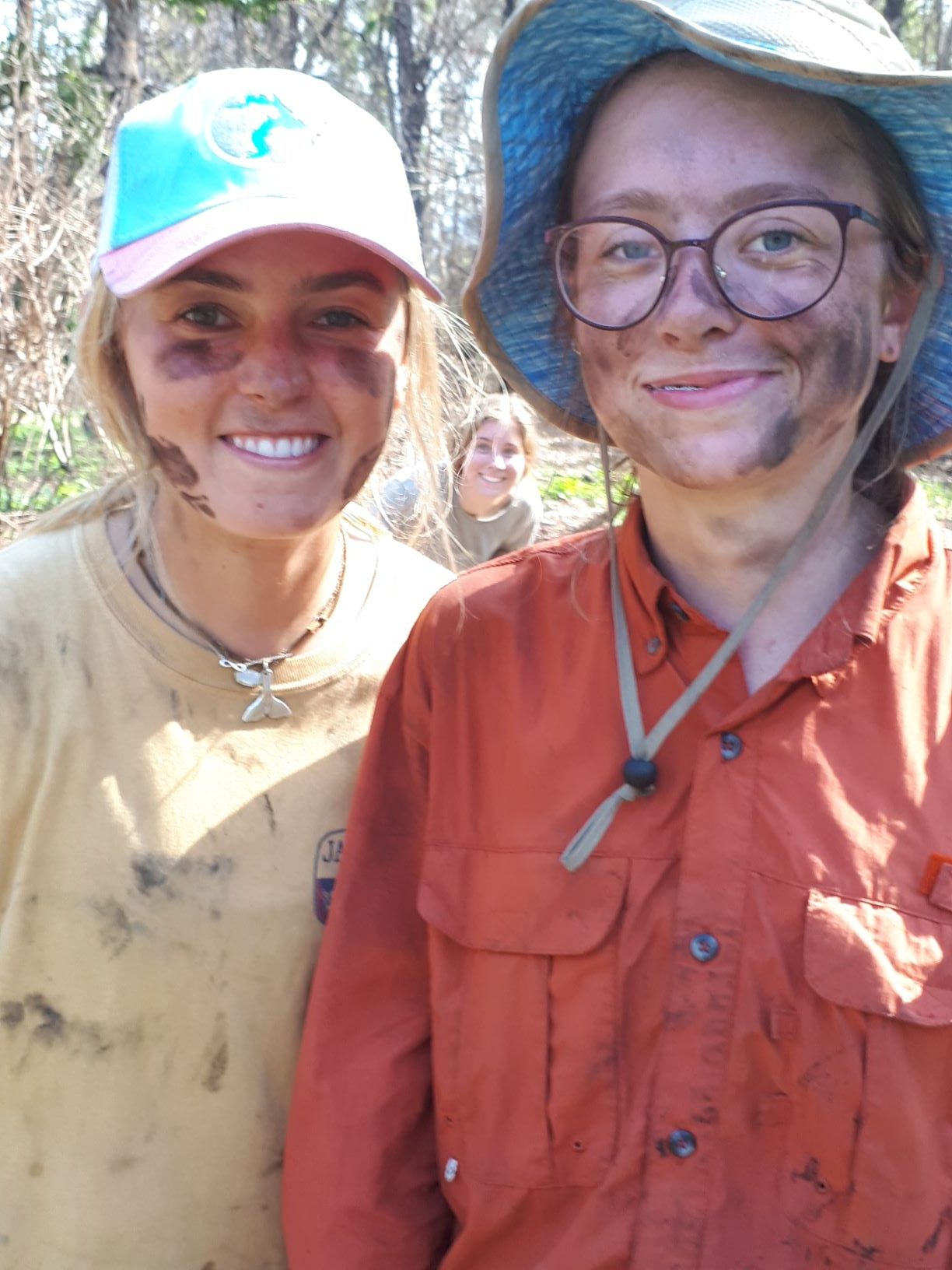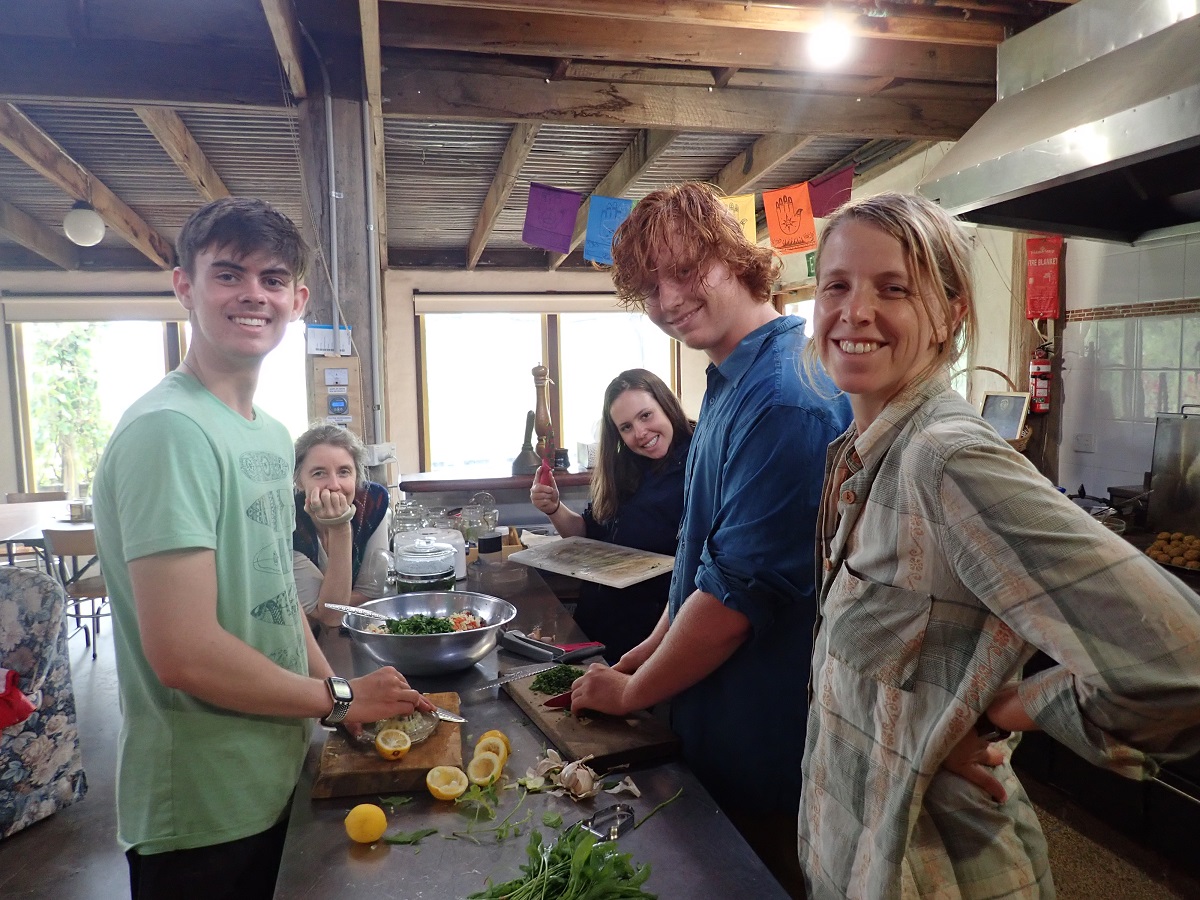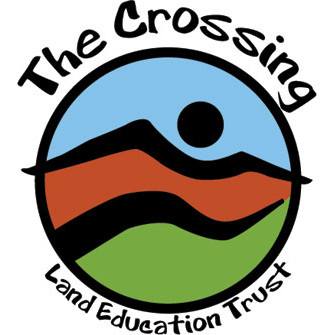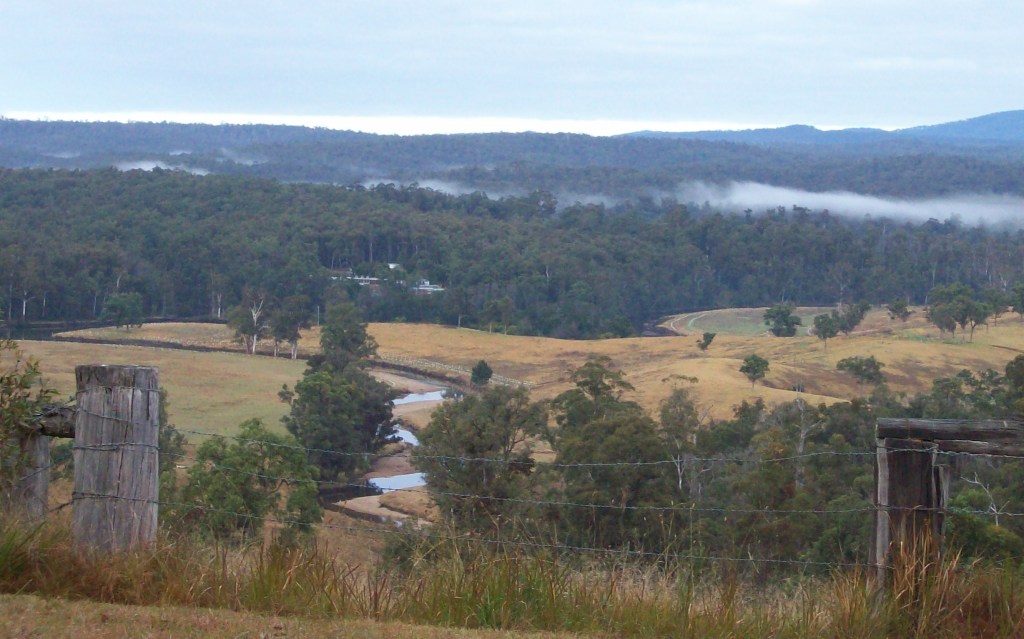School Camp, University Camp
Permaculture Camp, Sustainable Camp
Welcome to The Crossing Land, a sustainable permaculture designed school camp that also hosts international and domestic university students. Immerse your students in experiential outdoor and environmental education. We don’t just talk sustainability, we live it.
This school camp hosts up to 28 students. Student accommodation in four 1930’s train carriage bunk rooms is comfortable and heated.
There are also four separate heated bedrooms for teaching staff. These rooms are available for family Airbnb @thecrossingland group bookings in December and January each year.
Curriculum links
At The Crossing, students deep dive into sustainability, an Australian cross-curriculum priority. Students engage in systems thinking here that emphasises the importance of ecological and social networks of connection.
Students can learn about different worldviews and ways of living, and the “dependence of living things on healthy ecosystems, and how [to] value diversity and social justice… essential for achieving sustainability” (Australian Curriculum, Sustainability v.8.4). In addition, students learn about transformative actions at local, community, and international levels, underpinned by core values, that can improve social, environmental, and economic outcomes.
As a permaculture camp we embed the core ethics of Earth Care, People Care, and Fair Share across our programs. Core to The Crossing for 25 years, these ethics have been recently identified in the Australian Curriculum as crucial for sustainable development.




What does a program at The Crossing actually look like?
Programs at The Crossing are built around a combination of the following:
Permaculture day: based around our organic gardens, food forests, and kitchen, students learn how to reuse materials, work and live on a rural property, and utilise our sustainable systems.
Wilderness Coast Walk: The Crossing is fortunate to be close to some of NSW’s most stunning coastline. We can organise day walks for students to experience wild coastal nature.
Fire-retardant design: this is a unique feature of Crossing programs. Our fire-retardant design education developed in the wake of the Black Summer Bushfires. Students learn about the ecological impacts of fire, the importance of appropriate fire management, and strategies to prepare themselves and their communities for disaster.
Landcare and canoeing: our Woodville Landcare project is on a farm adjacent to The Crossing but across the Bermagui River! On the short canoe trip to the Woodville Landcare Project, students compare the natural forest on one side of the river to the regeneration on the other; learn about the impact of agriculture; and witness the importance of native forest. They then get to contribute to the restoration of a NSW coastal forest which links two national parks.
Canoe journey to Bermagui: Bermagui is 7km from The Crossing by river. It’s a fantastic journey through a beautiful estuarine environment. We recommend this for students from within the Canberra to Wollongong range who can leave The Crossing by canoe on the final morning (approx. 9am) then depart Bermagui by coach (approx. 1pm) to return to school before 5pm.
Adventurous journey: adventurous journeys at The Crossing are usually one or two nights of remote camping but can be longer. This can also be supported by our camping trailer and 4WD. Our qualified and experienced staff facilitate high quality educational experiences. We walk through beautiful unburnt rainforest gullies and coastal wilderness but also visit the edge of the Black Summer fires to enhance student learning and understanding of extreme climate events. Students can learn navigation as part of the off-track sections of walks we design as they develop leadership and teamwork skills.
Sustainability presentations: practical sustainability education is reinforced by a series of age-appropriate presentations on topics such as: climate reality, local impacts and responses to the Black Summer Fires, permaculture, sustainable design, and habitat regeneration.
Frequently asked questions
How do I book in?
Please contact Dean via our Contact Us page
Do you arrange transport to and from The Crossing?
Transport to and from The Crossing is normally organised by individual groups.
However, we do have 14 seats on our minibus and can organise pick ups/drop offs from public transport.
V-Line and Premier Motor Service buses from Melbourne and Sydney, come to Bermagui. Buses to Canberra come to Narooma or Bega.
How much do programs cost at The Crossing?
Program cost varies depending on arrival and departure times, pick up point, number of days, meals and other factors. One accompanying teacher is free of charge. Base rate in 2023 is $154/day GST inclusive with food included, this is updated annually.
Please contact Dean via our contact page for a quote
How many teachers need to accompany a group?
Project Director Dean Turner is a qualified teacher and we have qualified and experienced staff to meet appropriate ratios. Most schools send at least one teacher as a school representative to ensure student behavioural standards. Included in your program fee is one teacher free of charge. If you choose to send more than one teacher we charge the standard student price for each extra teacher.
Is the teacher required to participate?
Crossing staff lead activities to support teachers so they can have time to develop greater insight into their students. We work closely with teachers and appreciate teacher advice about their students. We do things as a community at The Crossing.
We ask that teachers participate where possible, but we also know that everyone needs rest times.
Journeys, campfire stories, L
Unique abilities come to the surface in enjoyable, rewarding and purposeful enterprise at The Crossing Land.
Are the The Crossing staff sufficiently trained and experienced?
Yes they are. We have a mixture of trained outdoor professionals and staff with experience in a myriad of different areas. The Crossing staff members meet relevant ratios with appropriate training and experience for the activities. Learn more about our staff team here.
How is The Crossing prepared for bushfire and extreme or catastrophic days?
The Crossing Risk Management Plan covers a wide range of scenarios, including
The Crossing has specific procedures to manage bushfire. These procedures have been developed sourcing reference information from the Department of Education and other outdoor education providers.
Extreme and catastrophic fire days are declared by 5 pm on the previous day by the Rural Fire Service (RFS). The school will be informed of
On catastrophic days no students will be at The Crossing or on a journey – they will leave prior to the day and remain off the property for that day – in a safe zone in Bermagui. Young people on a journey will also be taken off that journey before extreme days and returned to the Crossing. Prior to catastrophic
Severe days will be assessed and a coastal program may be implemented depending on wind directions and timings.
The Crossing has a fire trailer and rooftop sprinklers.







